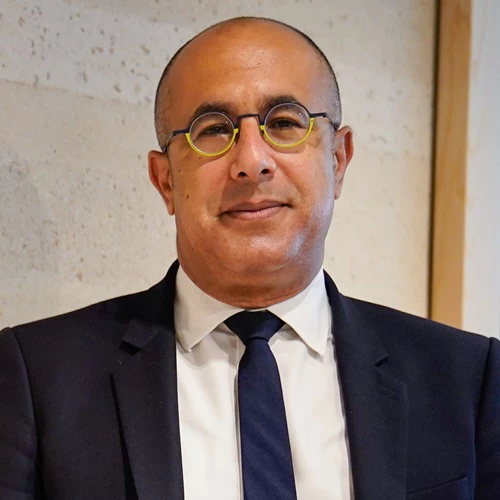By 2050, waste generation is projected to increase by 70 percent and drastically outpace population growth by more than double. Managing all that waste is becoming an important agenda for many developing countries.
The solid waste management sector offers opportunities for private entrepreneurship, resource conservation, and inclusiveness for marginalized populations; however, it also presents significant challenges in terms of technical, financial, and institutional capacities.
When sector-enabling conditions are not in place, waste is mismanaged, contaminating water bodies, clogging drains, causing flooding, and increasing diseases, all of which have significant environmental and economic cost for governments and societies.
Public awareness about the linkages between waste management, as well as environmental sustainability and resource efficiency has been growing. Multiple initiatives exist to raise awareness and improve international cooperation, especially in terms of curbing marine litter. Since more that 80 percent of marine litter is estimated to originate on land, land-based solutions are necessary to address this, starting with the identification and prevention of “hotspots”.
The World Bank has been actively supporting countries develop strategies, policies, infrastructure, and capacities in their solid waste management sectors. Since 2000, more than $4.7 billion has been invested in solid waste management projects and activities worldwide.
PROBLUE, a new multi-donor trust fund administered by the World Bank, is the latest instrument to tackle marine pollution, litter, and plastics. It is part of the World Bank’s overall Blue Economy program, which takes a multi-pronged, coordinated approach to ensuring the protection and sustainable use of marine and coastal resources.
From September 24-28, 2018, representatives from 13 countries visited Japan for a Technical Deep Dive on Solid Waste Management to exchange experiences and learn about the Japanese experience in building advanced waste management systems.
Japan is a global leader in the development and application of environmental policies in the solid waste management sector. It has established a sophisticated system of solid waste management that ensures the treatment of virtually all household waste.
Japan is also a world leader in terms of environmental awareness among its population. Through extensive citizen engagement and participation in waste separation at source, Japan has adopted circular economy policies promoting a shift from energy recovery to material recovery and recycling. Japan is leading research on waste-derived materials and products as well as their applications.
Japan’s advances in the sector are the result of systemic planning and implementation, good sector governance, and adequate financing. These changes started in the 1950s when the country was experiencing significant pollution and increasing quantities of waste generation. The state of the solid waste management sector in Japan at that time was not too different from what we observe today in many low and middle-income countries.
Lessons from Japan that are applicable for other countries include:
- approach solid waste management comprehensively in terms of creating an enabling legal, institutional, and regulatory environment – not only focusing on infrastructure development;
- enhance waste systems gradually and incrementally;
- involve the population in the management of the waste sector;
- harness the potential of the private sector through public-private partnerships and ensure sufficient financing.
In the videos, three World Bank experts – Sameh Wahba, Director, Urban and Territorial Development, and Disaster Risk Management; Frank van Woerden, Lead Environmental Engineer; and Kremena Ionkova, Senior Urban Development Specialist – discuss recent trends in the World Bank’s work with developing countries on solid waste management.
READ MORE:
- Download the “What a Waste 2.0” report
- Op-Ed: New Frontiers for Waste Management
- Video blog: Here’s what everyone should know about waste
- Press release: Global Waste to Grow by 70 Percent by 2050 Unless Urgent Action is Taken: World Bank Report
- Immersive story: What a Waste: An Updated Look into the Future of Solid Waste Management
- Infographic: What a Waste 2.0
- Subscribe to our Sustainable Communities newsletter
- Follow @WBG_Cities on Twitter





Join the Conversation